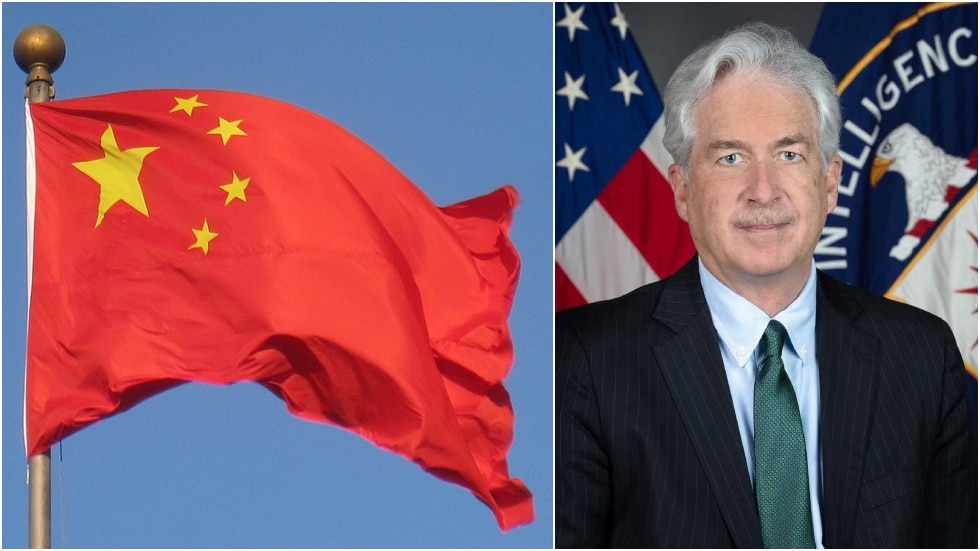CIA Director William Burns held “clandestine” meetings with Chinese intel agencies during an unannounced trip to Beijing last month, US officials told the Financial Times, suggesting the visit was intended to “stabilize” deteriorating relations with the People’s Republic.
Burns had no formal diplomatic engagements in China and “only met intelligence officials” for talks in May, FT reported on Friday, citing five unnamed sources familiar with the trip. Reuters, the Wall Street Journal, CBS and other agencies later confirmed the report, but offered few additional details.
“Last month, director Burns traveled to Beijing where he met with Chinese counterparts and emphasized the importance of maintaining open lines of communications in intelligence channels,” a US official said in a statement to FT and several other outlets.
The sources did not say what was discussed during the meetings, which mark the Joe Biden administration’s highest-level visit to China since outgoing State Department deputy Wendy Sherman traveled to Tianjin in 2021.
A career diplomat, Burns is seen as a “trusted interlocutor” by the PRC, according to former senior White House official Paul Haenle, who worked on China policy during his time in government. “They would welcome the opportunity to engage him quietly behind the scenes. They will see a quiet, discreet engagement with Burns as a perfect opportunity,” he told the Financial Times.
Burns’ trip took place around the same time that US National Security Advisor Jake Sullivan met with one of China’s top foreign policy officials, ex-Foreign Minister Wang Yi. The White House did not announce those talks beforehand, but later said the two sides had “candid, substantive, and constructive discussions on key issues,” including Taiwan.
The meetings come as Washington aims to kickstart dialogue with Beijing, which has been hesitant to engage amid a litany of hostile US policies in recent months. Though President Biden voiced hopes for a “thaw” in relations in May, Chinese officials appear less eager, rebuffing a request for a top-level meeting with Pentagon chief Lloyd Austin in Singapore this week.
The White House has adopted an increasingly belligerent stance toward China since Biden took power in 2021, authorizing near-monthly transits of the contested Taiwan Strait by US warships while stepping up military operations across the Asia-Pacific. Relations took a major nose-dive in February after a Chinese weather balloon strayed into US airspace, prompting a diplomatic row which ultimately scuppered a planned visit to Beijing by Secretary of State Antony Blinken.
In a speech at the Shangri-La Dialogue security conference in Singapore on Friday, Austin centered his remarks on China, stressing the need to further increase America’s “force posture” in Asia. He went on to boast that Biden’s 2024 military budget will be the largest in US history, including a 40% increase to the China-focused “Pacific Deterrence Initiative,” which is set to receive its highest-ever budget of $9.1 billion. The defense secretary also announced plans to enhance cooperation and joint military training with a long list of regional partners, among them Japan, South Korea, the Philippines, Australia and others, suggesting such moves are necessary to “deter” supposed threats from China and North Korea.
































